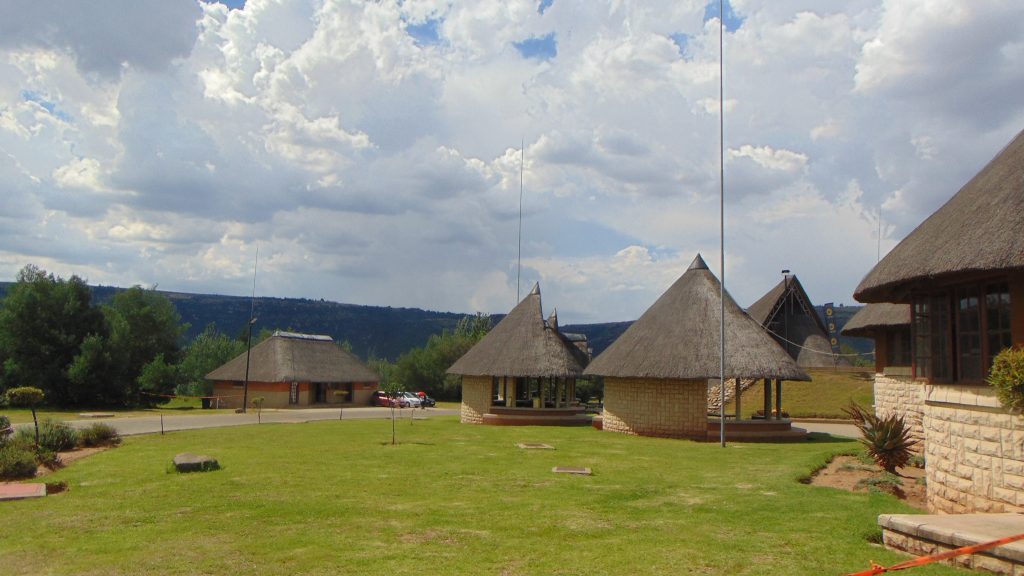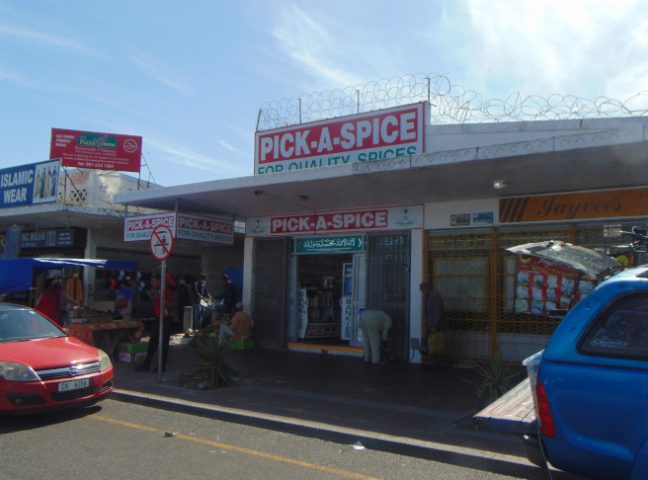
The Spice Wars (Part Three)
December 28, 2021
The Spice Wars (Part Five) – A Foothold
December 31, 2021By Satish Sekar © Satish Sekar (December 29th 2021)
Establishing a Presence
In 1505 Portugal’s King Manuel I unleashed his plan to control trade to China and the far east. Six years later the Governor General of Goa and first Duke of Goa, Afonso de Albuquerque, completed the first phase of the mission, the capture of Malacca. The straits of Malacca gave access and therefore control of trade between India and China. De Albuquerque had grander plans. He wanted control of the route between India and the Arab nations too. His command of the Red Sea, Persian Gulf and Indian Ocean from Goa achieved control of those sea routes and trade too.
Piracy and conflicts continued as Spain and Portugal traded blows over control of Chinese trade. It spread towards the East Indies as Spain tried to gain control of the Moluccas with Portugal harrying these attempts from nearby Ternate. Meanwhile, Spain claimed the Philippines through Ferdinand Magellan.

But first the crucial Sultunate of Malacca had to be subdued – conquered actually. In 1511 the Sultan of Malacca, Mahmud Shah, had been defeated, but neither he nor his sons were prepared to accept defeat. They fought Portuguese control. Portuguese attacks on Mahmud Shah forced him to settle in Sumatra after a crushing defeat in 1526. A couple of years later his sons continued the fight against Portuguese rule.
Missed Opportunity
Portuguese efforts to establish the pre-eminence of their religion came at a price. It led to a degeneration of the initially friendly relations with Sultan Mahmud Shah as Muslims at his court opposed Portuguese to push their Christian values. These conflicts spilled over into the East Indies, contributing eventually to the breakdown of Portugal’s imperial ambitions. Although Portugal boasted the first European Empire in Asia and the East Indies, its successes ultimately cost it dear. The religious conflicts seen in the 16th Century Malacca outlasted the Portuguese Empire and plagued their successors too.
The Portuguese were in the ascendancy in the Spice Trade throughout the 16th Century. They had access to the sailing routes and exclusive control over the European Spice Trade, but they failed to convert this excellent opportunity into control of the trade. They had seized Malacca, causing a bitter war with deposed Sultan. They chased him to the east Indies only to find that the causes of the original dispute travelled better than trade opportunities
The Banda Islands
After their initial successful visit to the Banda Islands in 1512 they waited nearly two decades to return. However, there were issues that they found difficult to overcome. The Banda Islanders were not interested in adopting Christianity of any description and they were opposed to the Portuguese intention to build a fort on the main island of the five Banda Islands.
The Banda Islanders harassed Portuguese attempts to build that fort until the Portuguese gave up. Instead of recognising that the fort would not be accepted until and unless the Portuguese controlled the trade to the point the Banda Islanders needed the Portuguese, they continued their empire building plans. Ultimately, their plans played into the hands of their enemies. Muslim Sultans were important in the relevant regions and therefore to the Spice Trade. They had no intention of converting to suit Portuguese whims.
The resistance of Banda Islanders was stubborn. The Portuguese could not subdue them in the best part of a century, and they possessed something of great importance – the exclusive supply of the coveted spice, nutmeg.
They knew its worth and they knew that trading freely meant they could play customers off against each other. It was not in their interests to give a monopoly to any suitor be they Portuguese or Dutch, but both would settle for nothing less and neither cared what price the indigenous peoples would have to pay to satisfy their demands.



